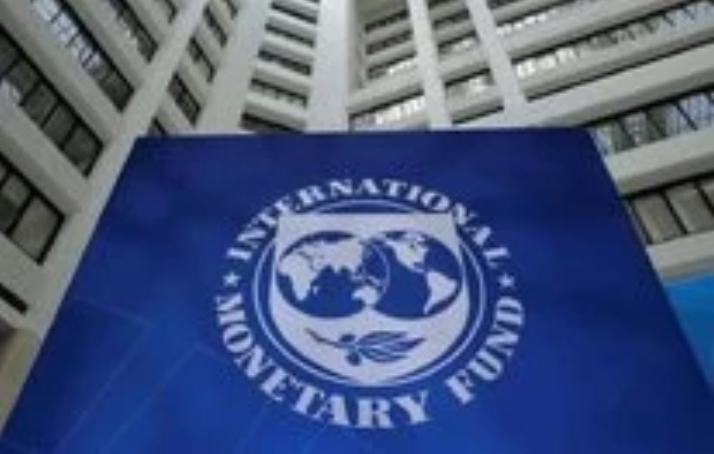Strict regulation and a level-playing field for all crypto actors and activities are possible under certain conditions, IMF said.
Taking note of how cryptocurrencies have emerged as a mainstream choice for a variety of purposes, IMF has called for a coordinated, consistent, and comprehensive global response to the evolving regulatory requirements.
Need for Consistent Regulatory Policy
Cryptocurrencies have come to be cross-border and cross-sector entities used for speculative investments, hedge against weak currencies, and as a potential medium of payment, an article by two IMF executives in the September edition of IMF’s Finance and Development magazine said. The organization had expressed similar opinions in December 2021.
With growing popularity and failures, especially as demonstrated by the “recent slide in crypto valuations,” the impetus to push for regulation has been felt everywhere, the report said. Although, in a recent report, the international financial organization said the crypto crash might have only a limited impact on the global economy.
“Crypto assets have been around for more than a decade, but it’s only now that efforts to regulate them have moved to the top of the policy agenda. This is partly because it’s only in the past few years that crypto assets have moved from being niche products in search of a purpose to having a more mainstream presence…,” the IMF report, Regulating Crypto: The right rules could provide a safe space for innovation, said.
Apart from legal and regulatory frameworks for crypto assets and crypto actors, governments also need to look at the underlying technology and how they stack up against other public policy objectives. For example, some kinds of mining activities are highly energy-intensive.
Governments Taking Different Approaches
Some countries have amended legislation or introduced new ones, but on the whole, it seems governments are taking different approaches to crypto policies and regulations.
It results in fragmentation of global response that neither ensures a level-playing field nor stops “a race to the bottom” as crypto actors can shift base to friendlier jurisdictions. They can continue their business and remain accessible to anyone with internet, IMF said.
“The regulatory fabric is being woven, and a pattern is expected to emerge. But the worry is that the longer this takes, the more national authorities will get locked into differing regulatory frameworks. This is why the IMF is calling for a global response…,” Aditya Narain, Deputy Director, and Marina Moretti, Assistant Director, Monetary and Capital Markets Department, IMF, wrote in the article.
Coordinated, Consistent Global Response
A coordinated approach is required to fill the regulatory gaps as cryptocurrencies are issued with a cross-border customer profile. They are also cross-sector products that attract the attention of multiple domestic regulators such as banking, securities, lending, storing, and so on. So a consistent approach across the activity and risk spectrum is needed, the article says.
Applying existing rules or creating new ones for the digital asset sector is challenging as the entire space is evolving rapidly.
“Regulators are struggling to acquire the talent and learn the skills to keep pace given stretched resources and many other priorities. Monitoring crypto markets is difficult because data are patchy, and regulators find it tricky to keep tabs on thousands of actors who may not be subject to typical disclosure or reporting requirements,” the report says.

